On Wednesday, February 8, 2017, Farm to School champions gathered at the Vermont State House in Montpelier to advocate for the expansion of Vermont’s Farm to School program and raise awareness of the positive impact Farm to School has on Vermont kids, our health, and the local economy.
The House and Senate Agriculture Committees and the House Education Committee took time to hear directly from school nutrition staff, educators, farmers, students, nonprofits, state agencies, and school administrators on how farm to school has made a difference. These Farm to School champions spoke of school farms, the food on lunch trays, innovative community relationships, and how the health of kids and adults alike is benefiting from this work. Here are just a few highlights from these testimonies:

It feels great to be in the garden. Our garden is beautiful. We need Farm to School because it is important for us to have access to healthy food so we can have a healthy life. The taste tests are awesome and wonderful!
Wyatt, third grade student, Floodbrook School

We have seen how much a little garden can change the school lunches we eat and the school and community around us.
–Given & Kiara, eighth grade students, Twinfield Union School
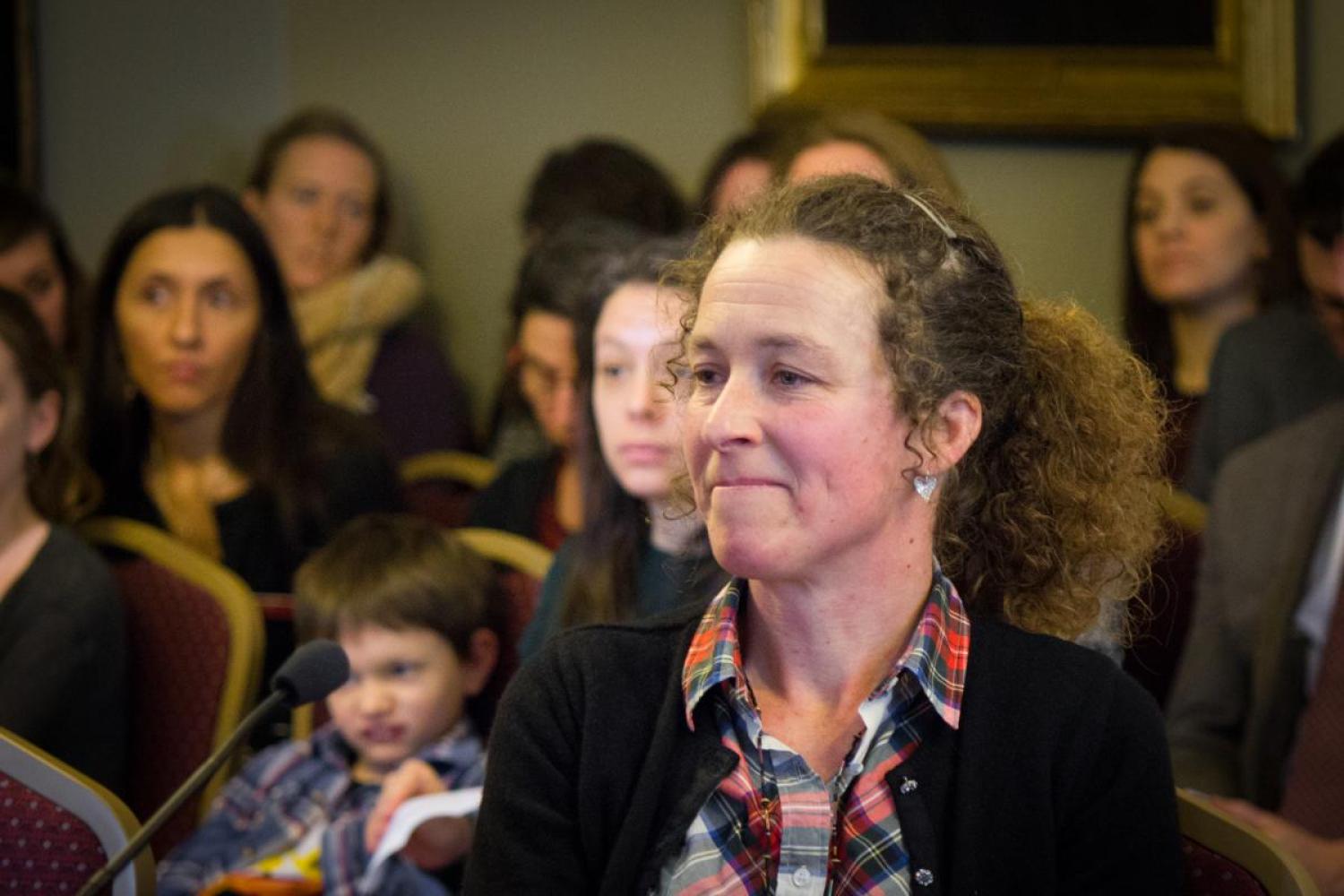
Farm to School programs are part of a bigger culture shift toward overall sustainability and are a powerful way to bring life skills in wellness and place-based learning to any group of students.
–Amy Richardson, Richardson Family Farm Farmer & Farm to School Coordinator
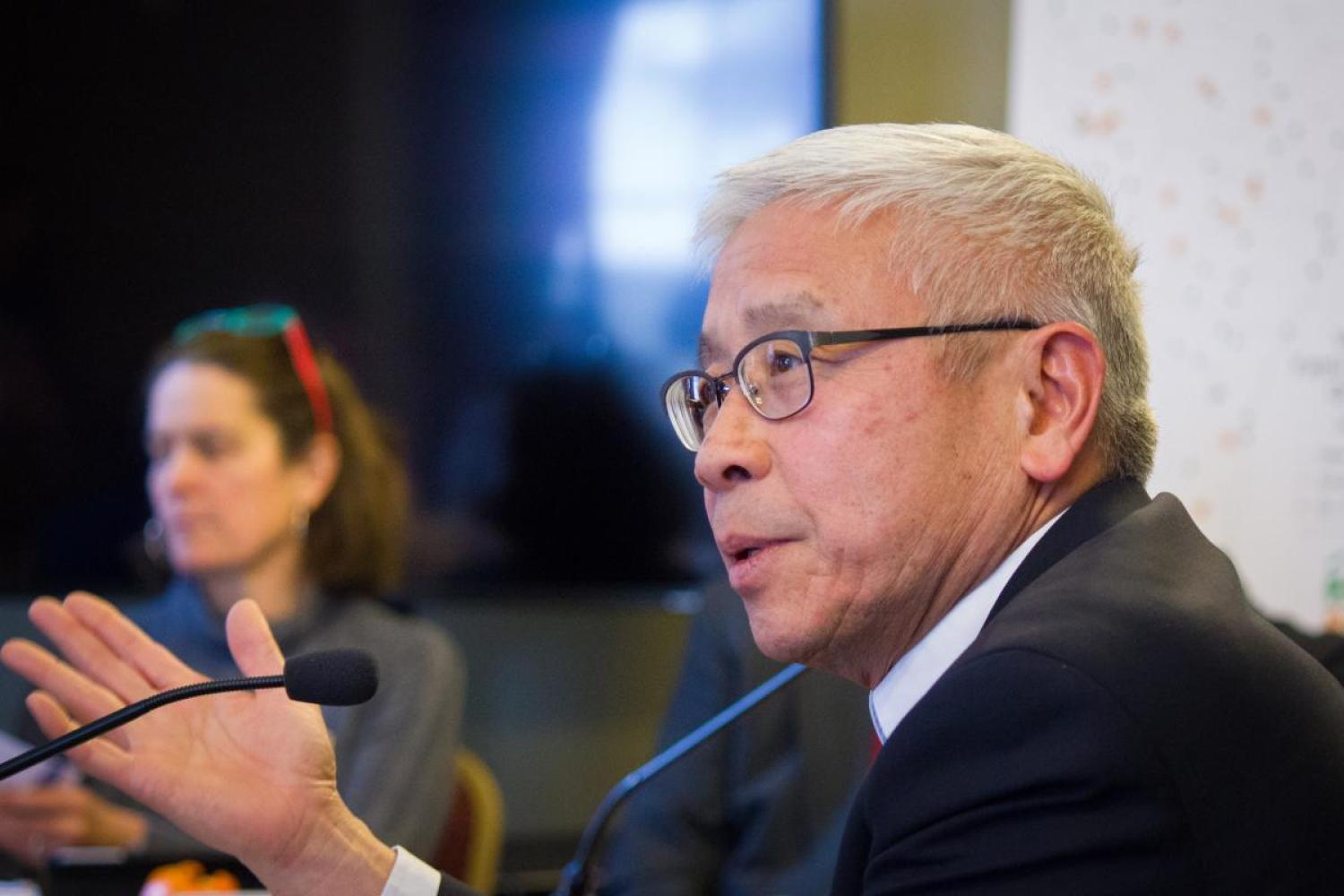
We support Farm to School activities because they help to build healthy habits in children like eating more fruits and vegetables. This not only leads to better health, but we know that healthy, well-fed children are more successful learners.
–Dr. Chen, Vermont Department of Health Commissioner
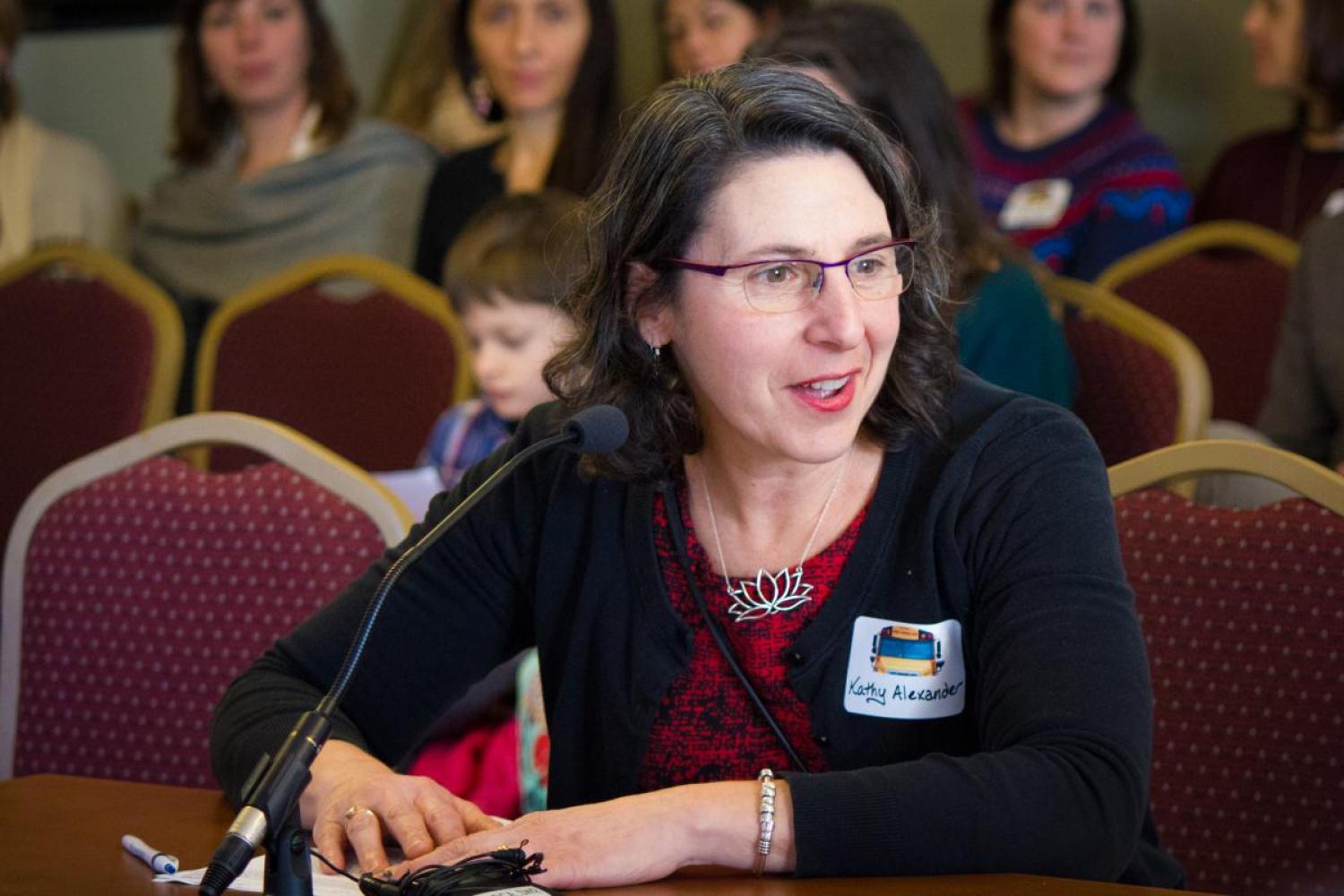
In school food, I found the opportunity to change the course of health and wellness for students we serve, as well as for their families.
–Kathy Alexander, Director, ANESU Food Service Cooperative
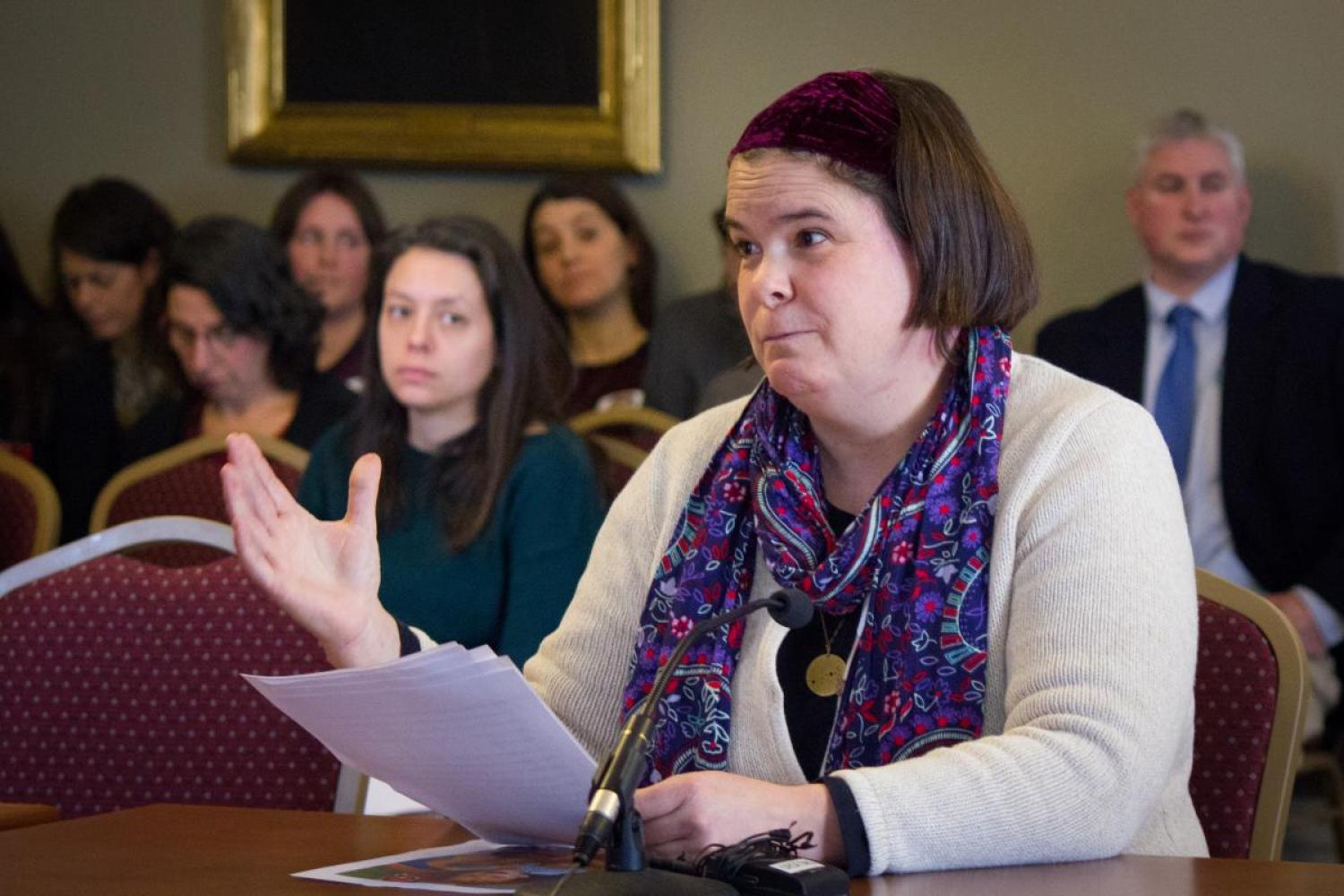
Our families begin to appreciate and understand that local food has value. Families want what is best for their children, and they are thankful and appreciative when children are being exposed to new, healthy foods. Some families feel that local foods are out of their reach for economic reasons or simply because getting transportation to the farmers’ market is difficult. When parents learn that their children are more likely to eat Brussels sprouts because they’ve had them in school… they’re more inclined to spend their food dollars on healthy, local food because they know their children will eat it.
–Suzanne Young, Mary Johnson Children's Center, Chef & Food Educator
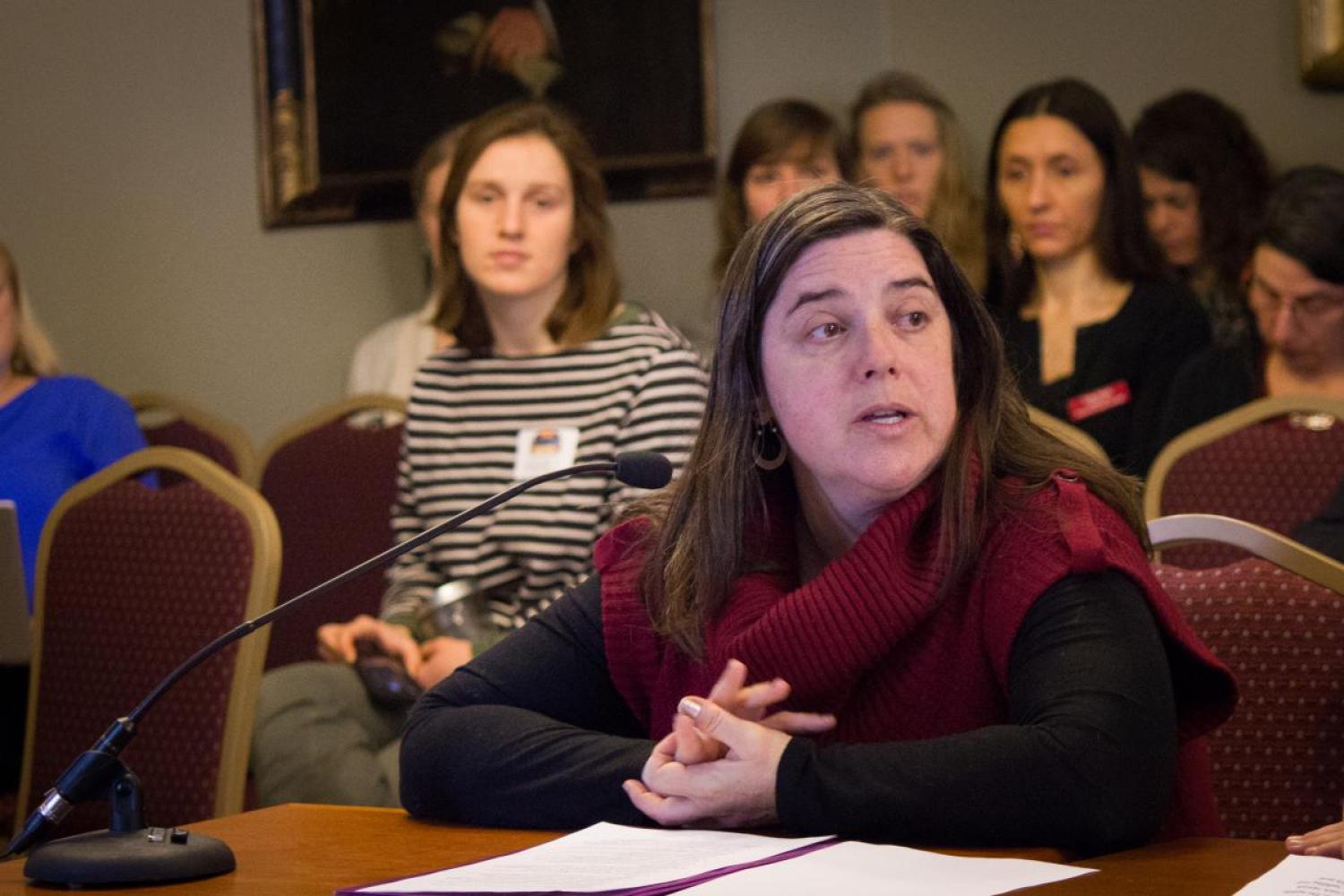
[Farm to School] is a powerful tool to build our local agricultural economy while we teach our youth about healthy eating, healthy food systems, and healthy communities.
—Jamie Spector, Maple Hill Farm & Community School, Development / HR Coordinator and Social Worker
The day continued as students and teachers representing nearly 20 schools from across Vermont crowded into the Statehouse Cafeteria in Montpelier on Wednesday along with legislators, government officials, and Vermont Farm to School Network leaders to celebrate Farm to School Awareness Day and honor 2017 grant winners. Over $121,000 in grants and technical supports were awarded to 13 schools, representing 10 Vermont counties, for the purpose of growing and developing farm to school programs. This year’s Farm to School grants will expand the reach of the Vermont Farm to School Program by 5,000 students, raising the total number of Vermont students with increased access to fresh, healthy, locally grown foods and nutrition education through the grant program to 40,000.
Among those who spoke at the celebratory event were Governor Phil Scott, Secretary of Agriculture Anson Tebbetts, Secretary of Education Rebecca Holcombe, Vermont House Speaker Mitzi Johnson, Vermont Senate President Pro Tempore Tim Ashe, Senator Bobby Starr, Betsy Rosenbluth from Vermont Farm to School Network, students and teachers from BFA Fairfax, and Farm to School Grant Program Manager Ali Zipparo from the Vermont Agency of Agriculture, Food & Markets (VAAFM).
“Farm to school programs are incredibly important to Vermont’s future, and I am so proud of the progress we have made since Rozo McLaughlin introduced the original Farm to School Bill in 2006,” said Representative Mitzi Johnson. “They are making sure our young people are aware of what kinds of foods are good for their bodies and where that food comes from. All of you in this room are making this happen and I am thrilled.”
Other event highlights included remarks from Shannon Mahoney and Caitlin Allan, student leaders of the BFA Fairfax Farm to School Club. “Our program started out so small,” said Mahoney. “Just a couple of kids and a few teachers. Now we have over 70 students and teachers in the club and a huge amount of support from our community. It’s very exciting.”
“We take our farm to school program very seriously,” said BFA Fairfax Farm to School Program leader and English teacher Fred Griffin. “It’s not just an opportunity to play in the dirt. The educational opportunities are enormous; students learn everything from soil science to food preservation. There are proficiencies available to students across the entire range of disciplines.”
The Vermont Farm to School Grant Program, now in its eleventh year, works to improve nutrition among Vermont’s children by connecting food producers to their local schools, as well as providing enriched educational experiences and curricula. This year was the first year of the Universal Meals Grant Program, a new grant within the Farm to School grant program that provides funding for schools to transition to a school meal program that provides breakfast and lunch to all students at no cost.
“Access to high quality nutrition is a key tool closing the achievement gap between children from high and low-income families,” said Secretary of Education, Rebecca Holcombe. “Vermont is a national standout in our commitment to bringing the bounty of our local farms to the plates of our children. Vermont knows that if we tolerate poor nutrition for our children, we manufacture inequity at the level of the brain. Because of that, we refuse to allow our children to not have access to good nutrition. We are proudly and profoundly making sure not only that our children have enough to eat, but that what they eat includes the best our fields can grow.”
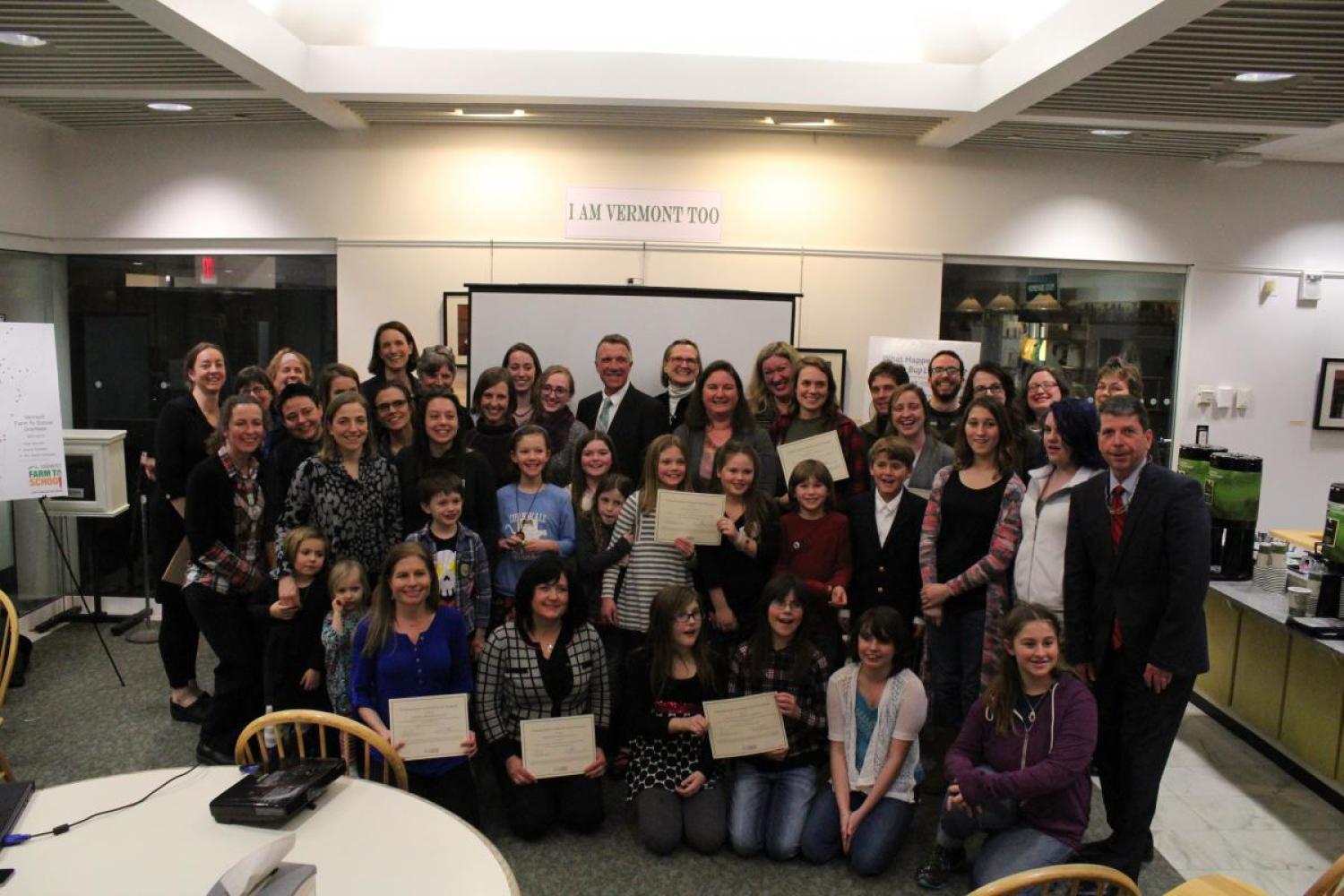
Implementation Grants
- Bellows Free Academy Fairfax
- Cornwall School
- Guilford Central School
- Flood Brook School
Planning Grants
- Albany Community School
- Concord School
- Currier Memorial School
- Mill River Unified Union School District
- Lamoille Union High School
Universal Meals Grants
- Craftsbury Schools
- Currier Memorial School
- Poultney Elementary School
- St. Johnsbury School
- Windsor State Street School
“Farm to School is great for the farmer, schools, students and growing the local economy,” said Secretary of Agriculture Anson Tebbetts who presented the certificates, along with the Governor and Agriculture’s Deputy Secretary Alyson Eastman, to students from each school. “Congratulations to all the grant recipients.”
The grant ceremony marked the end of a busy day in the Statehouse, during which farm to school stakeholders provided testimony to agriculture and education committees in support of farm to school programming. An update to the Rozo McLaughlin Farm to School Act, (S. 33), has been introduced this session and a full Sentate vote is expected in the next few weeks. Additionally, a resolution, introduced by Representative Partridge, was passed yesterday officially declaring February 8th, Farm to School Awareness Day.
VIEW THE STATE OF VERMONT HOUSE OF REPRESENTATIVES CONCURRENT HOUSE RESOLUTION H.C.R. 34
